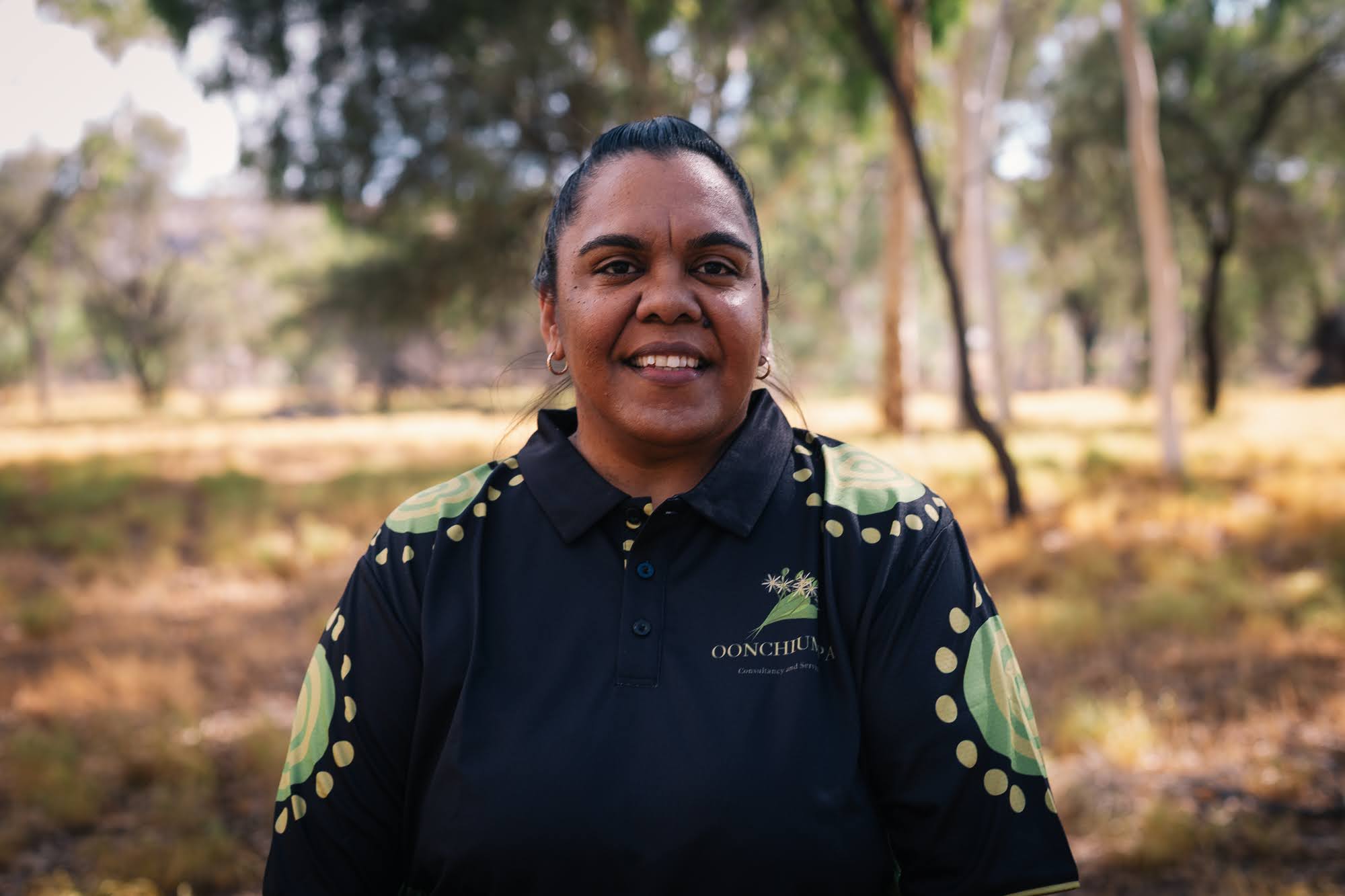
Kristy Bloomfield
About
Kristy Bloomfield is a visionary leader and passionate advocate for Indigenous empowerment and community development in Central Australia. As a traditional owner from two pioneering families—the Bloomfield and Liddle lines—Kristy chairs Oonchiumpa, an Indigenous-led organization creating generational wealth and economic opportunities on country. Through innovative partnerships with ANU law students, she bridges legal education with lived Indigenous experience, ensuring future lawyers understand the realities of Aboriginal communities. Kristy leads multiple initiatives including HBC (Henry Bloomfield Contracting), Loves Creek tourism development, and the Oonchiumpa Hub vision—a one-stop service center empowering young people through cultural connection, education, employment, and family support. Her work challenges systemic barriers while building sustainable pathways for Indigenous youth and families.
Connected Work
No Connected Work Yet
This profile doesn't have any linked programs, services, or projects yet.